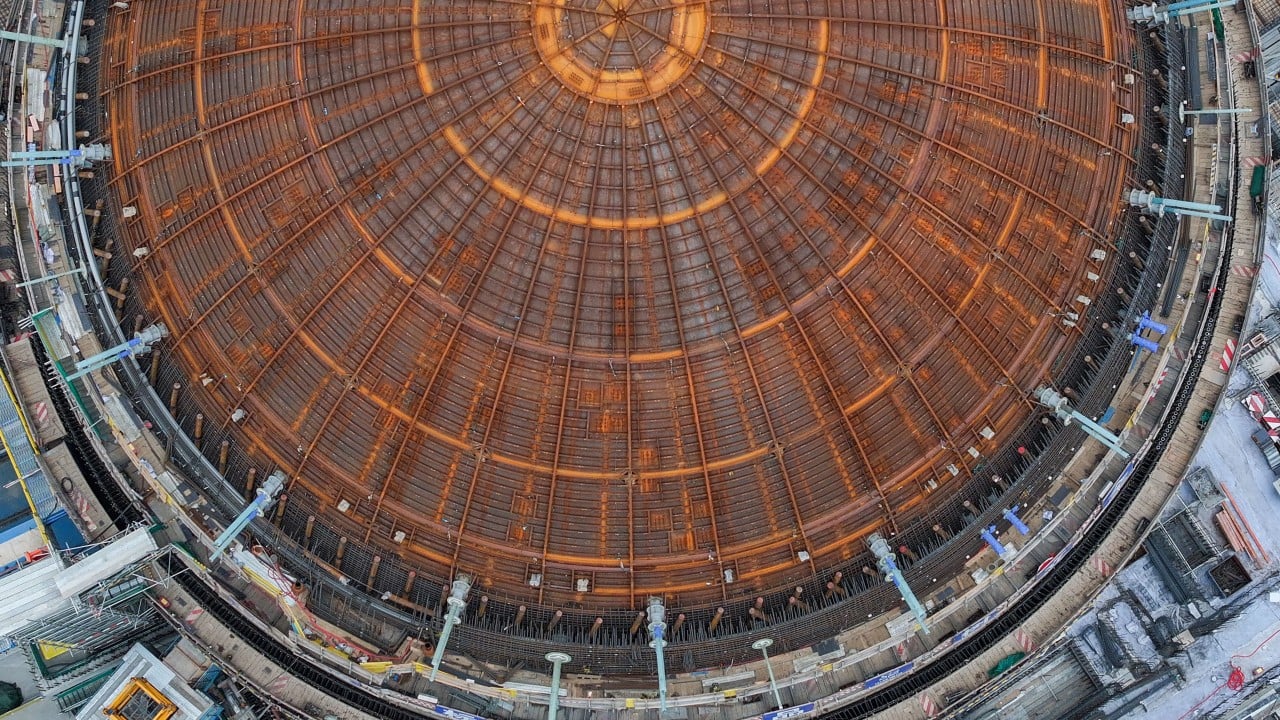China’s nuclear ambitions may face a slight setback from Washington’s reported export restrictions on power plant components, but Beijing will press ahead with its construction drive and intensify efforts to develop home-grown technologies as its domestic reactors mature, analysts said.
Advertisement
The Trump administration has reportedly suspended licenses for the export of some nuclear power generation equipment to China. The US Department of Commerce issued the ruling in recent weeks, according to Reuters, as the two superpowers remain locked in a protracted trade war – with battles in the technology arena escalating through tit-for-tat bans and other coercive actions.
The move signals a tougher US stance, but analysts said halting sales of nuclear technology would not be a game-changer – and could even backfire, as US suppliers like Westinghouse and Emerson risk losing out on the vast Chinese market.
“Nuclear power generation is one of the areas in which China has made obvious progress in swapping out imported tech and parts. America’s curbs on chips and chipmaking lithography machines have real teeth, but nuclear does not,” said a researcher with a Shenzhen institute affiliated with the Chinese Academy of Sciences.
“But there could still be effects, as China plans and builds new nuclear plants to meet energy demand and decarbonise the economy … especially if the production of home-made reactors cannot meet surging demand and you cannot buy AP1000 reactors from Westinghouse,” said the person who requested anonymity.
Advertisement
Several large nuclear power bases in China, which provide electricity to economic hubs such as Guangdong and Zhejiang, currently use AP1000 reactors, with additional units under construction.

